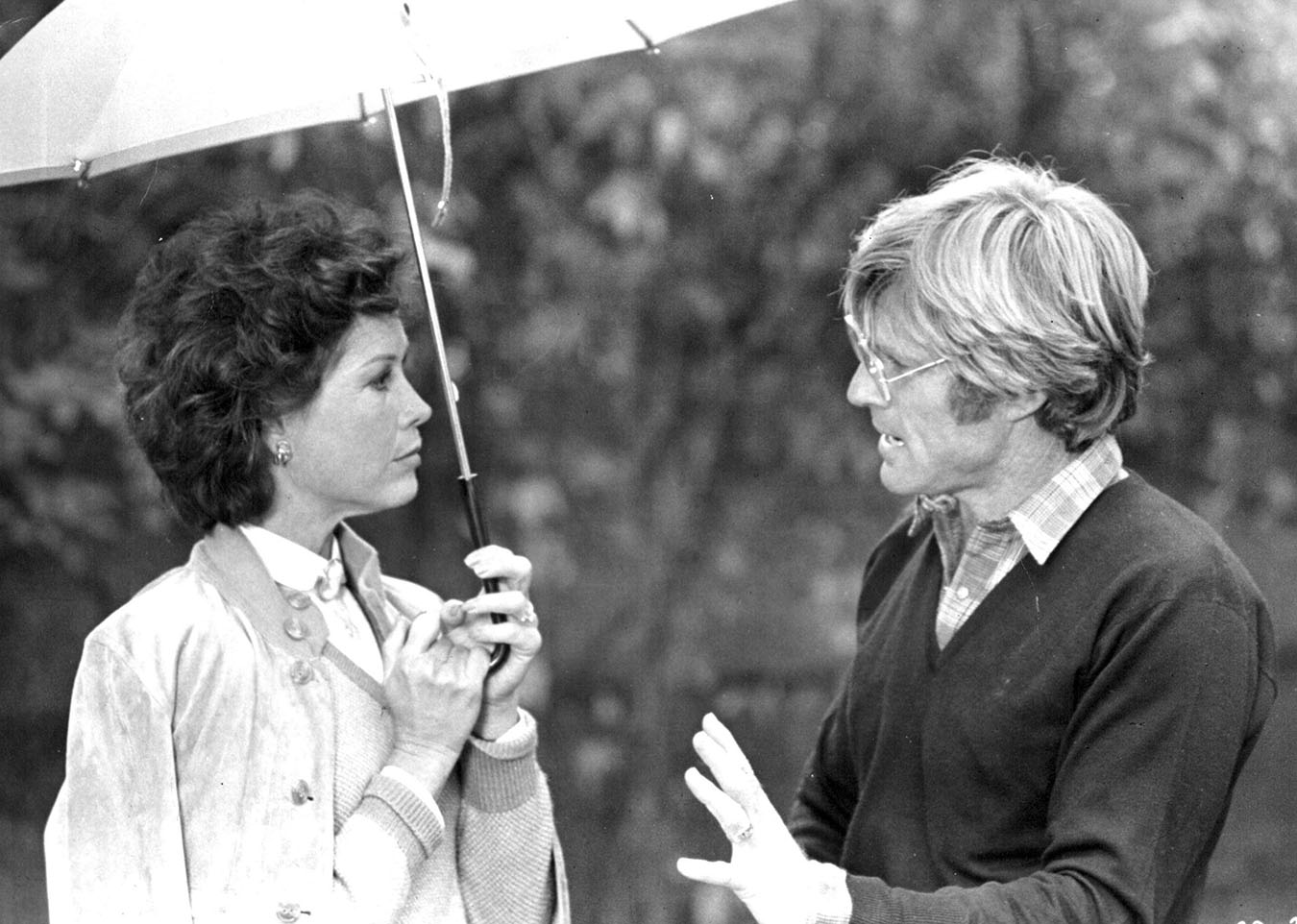ROBERT SIEGEL, HOST:
Congressional Republicans have gathered in Philadelphia for the party’s annual retreat. President Trump and Vice President Pence will join them tomorrow. Republicans say they’ll use the meeting to decide the party’s strategy to repeal and replace Obamacare. NPR congressional correspondent Susan Davis has more on that effort.
SUSAN DAVIS, BYLINE: Republicans have a plan to replace Obamacare. In fact, they have several. The latest came this week from Republican Senator Susan Collins of Maine and Bill Cassidy of Louisiana. They say it meets the requirements for replacement outlined by President Trump. Here’s Cassidy.
(SOUNDBITE OF ARCHIVED RECORDING)
BILL CASSIDY: That he wishes all to be covered, that he wishes those with pre-existing conditions to continue to have coverage, that there not be mandates and that we make it lower cost. I think – and I think Senator Collins would agree – that there’s not many ways to get there, and as far as we know, none better than this.
DAVIS: The Cassidy-Collins plan would give states three options – keep Obamacare as is, enact their own insurance expansion or opt out of federal assistance entirely. It’s unique in that it’s the only plan so far that could keep Obamacare partially intact. Collins admits it’s a work in progress. But she says Republicans need to nail down their plan to calm down the public.
(SOUNDBITE OF ARCHIVED RECORDING)
SUSAN COLLINS: But if we do not start putting specific legislation on the table that can be debated, refined, amended and enacted, then we will fail the American people.
DAVIS: It’s also a non-starter for many conservatives, who believe anything less than full repeal would be breaking a fundamental campaign pledge. A bloc of conservatives in the House introduced their own plan earlier this month. That one would repeal the individual mandate and replace it with a system that gives people tax credits if they choose to buy insurance. North Carolina Republican Mark Walker is a co-sponsor.
MARK WALKER: It’s something that’s a good base. I’ve said this the other day. It’s round one of a 15-round engagement.
DAVIS: Other key players, like Senate Health Chairman Lamar Alexander, are taking things off the table. Here’s Alexander in an exchange with Georgia Congressman Tom Price, Trump’s nominee for Health and Human Services secretary, at a recent hearing.
(SOUNDBITE OF ARCHIVED RECORDING)
LAMAR ALEXANDER: Let me ask you this. Is this the bill – any effort to replace and repeal Obamacare – is this the bill to reform Medicare?
TOM PRICE: Absolutely not.
DAVIS: Medicare may be off the table, but Medicaid is on it. The health care program for the poor was expanded under Obamacare. Trump administration officials have said their upcoming plan will include a longstanding conservative proposal to overhaul Medicaid from a guaranteed benefit to a block grant system. That would give states authority on how to spend that money.
But that plan would likely run into a democratic blockade in the Senate, where Democrats oppose pretty much everything Republicans are trying to do to repeal Obamacare, which means Republicans are also strategizing on how to go it alone like Democrats ultimately did seven years ago. Here’s Senate Majority Leader Mitch McConnell.
(SOUNDBITE OF ARCHIVED RECORDING)
MITCH MCCONNELL: We anticipate no cooperation from the other side. And so it – you know, it would be incumbent upon us, us meaning Republicans, to come up with a replacement.
DAVIS: All of these concerns will be aired out at the retreat by key stakeholders, says House speaker Paul Ryan.
(SOUNDBITE OF ARCHIVED RECORDING)
PAUL RYAN: We’re going to work with all of our committees that are in charge of health care legislation – the Education and Workforce Committee, the Ways and Means Committee, the Commerce Committee – and we’re going to have a full, exhausting conversation at our retreat to go through all of these things.
DAVIS: And Walker, a sponsor of the House conservatives’ plan, says Republicans are acutely aware of the challenges presented by their repeal and replace plans.
WALKER: This is something that I believe if we don’t get right Democrats will do their best to make the key focal point in the 2018 elections. So there is some motivation. It’s not just the fact – we want to do the right thing. This is something very sensitive when it comes to people’s health care. But from a political side, there’s a benefit to get it right as well.
DAVIS: And huge political risks if they don’t – just ask Democrats. Susan Davis, NPR News, the Capitol.
Copyright © 2017 NPR. All rights reserved. Visit our website terms of use and permissions pages at www.npr.org for further information.
NPR transcripts are created on a rush deadline by Verb8tm, Inc., an NPR contractor, and produced using a proprietary transcription process developed with NPR. This text may not be in its final form and may be updated or revised in the future. Accuracy and availability may vary. The authoritative record of NPR’s programming is the audio record.



